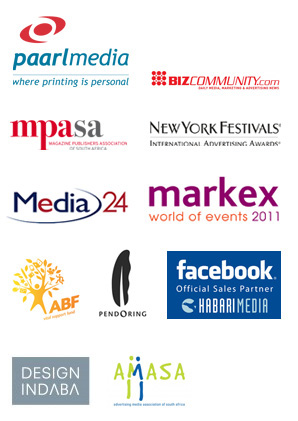 Globally the research industry has allowed business-driven profit and process motives to dominate the qualitative research arena. Hence, too often, it stands accused of providing research, which is not ‘insightful’ enough.
Globally the research industry has allowed business-driven profit and process motives to dominate the qualitative research arena. Hence, too often, it stands accused of providing research, which is not ‘insightful’ enough.
Moreover, too much research is done, often wasted. Likewise, there is too much duplication, too little thought, too much emphasis on agency growth/volume and on (client) reassurance and ‘arse-covering’.
Instead, research needs to put the (he) art back into qualitative research and re-establish itself as a profession where training of new and real skills is ongoing, urged Neil McPhee, founder and MD of Nuance Research in the UK, in a keynote address at the recent 2011 SAMRA conference. He also presented a highly successful workshop on ethnography in the run-up to the conference.
McPhee believes that while the worldwide research industry turns over nearly US$30bn annually, it finds itself in a predicament because of declining revenues, particularly in the past couple of years, slipping standards for the past 25 years, diminishing self belief and ongoing criticism of its relevance and contribution.
At the same time, business norms have changed significantly. Social media and new technologies have emerged and become fashionable, clients have very little interest in methodology and the way information is obtained, and big global changes affecting economics are increasingly placing time and decision-making under pressure.
While fashionable, McPhee reckons new media is not always the most appropriate research tool as it is largely unsuitable for ‘real’ qualitative research, with strong sampling biases.
He argued that, unlike years ago, when qualitative research was, among other things, very heavily focused on motivational analysis, individualism, insight and interpretation, everything these days must be done very quickly and time, speed, and process have become the drivers. Client-agency relationships, moreover, are basically driven by money, speed and expediency.
In addition, most of the big research companies are now run by accountants focused on profits for shareholders, making process standardisation and simplistic reports the order of the day. As a result, research lacks critical thinking and has, to a large extent, become non-specialist.
“In general” he said, “qualitative research is too often used because it’s faster, cheaper, more ‘sexy’ or visual, ‘looks easy’, with poor DIY moderation and is easy to report by showing ubiquitous video clips. Thus researchers are widely seen as commodity suppliers, not needing specialist skills.”
In fact, today qualitative research basically centres on recruiting a sample, reading out questions to the sample, mixing this with some random and safe “projective and enabling” techniques, reporting the sample’s responses to the client, offering a summary and sending an invoice…to get the next project.
Likewise, McPhee believes quantitative research is too often used with no regard to sample representativeness, too small a sample for real accuracy and poorly designed questionnaires.
However, not only clients are to blame. Agencies are just as guilty insofar as, wanting to please clients, they allow simplistic research and presentations. They are also pursuing income or the next job, have insufficient senior management researcher involvement and apply process-driven standards. A dumbed down research industry, he advised, should not be accepted.
Real qualitative research should dig deeper, and properly apply resource tools such as semiotics and ethnography. The latter more often than not is grossly misunderstood and misused.
In conclusion, McPhee emphasised the need for professionalism, “Before we can move forward, we need to believe in ourselves as professionals and be professional. We need to re-establish the marketing research profession. It’s not a function, it’s an art-form, a skill and it depends on ability and ongoing training/learning.”









No comments yet.